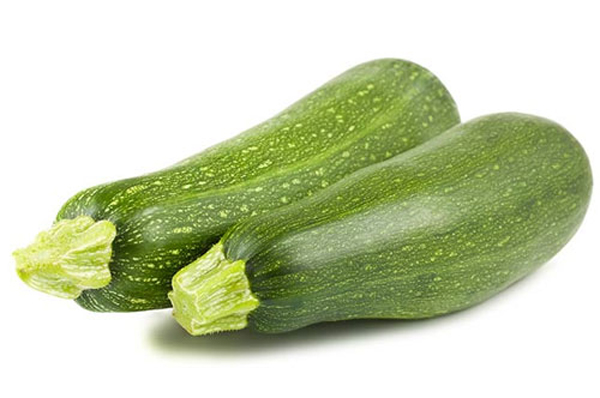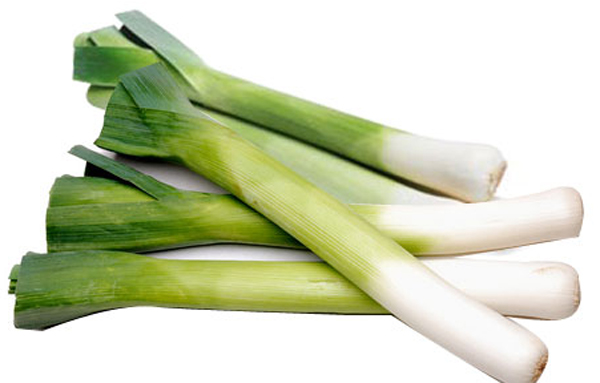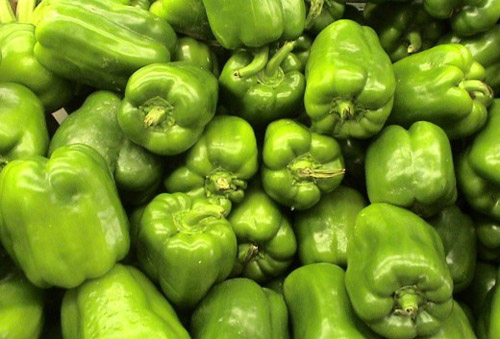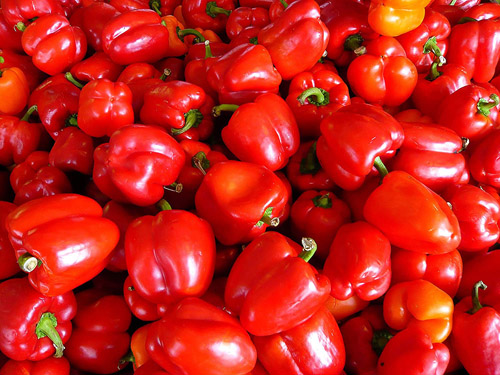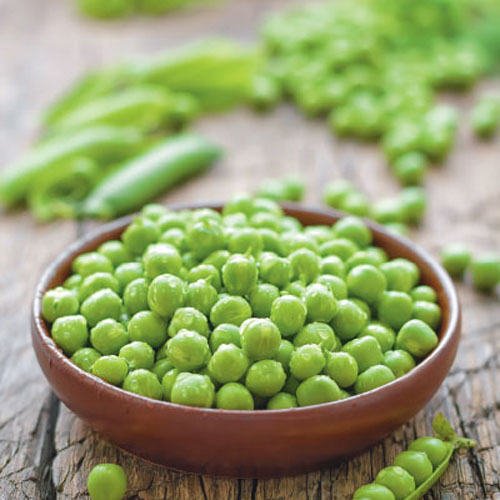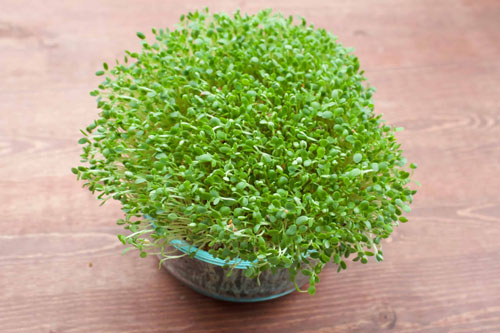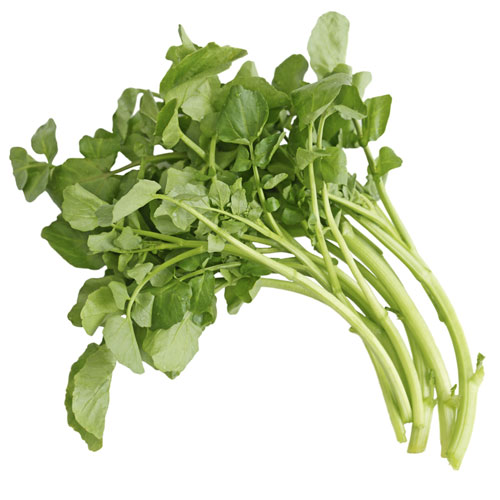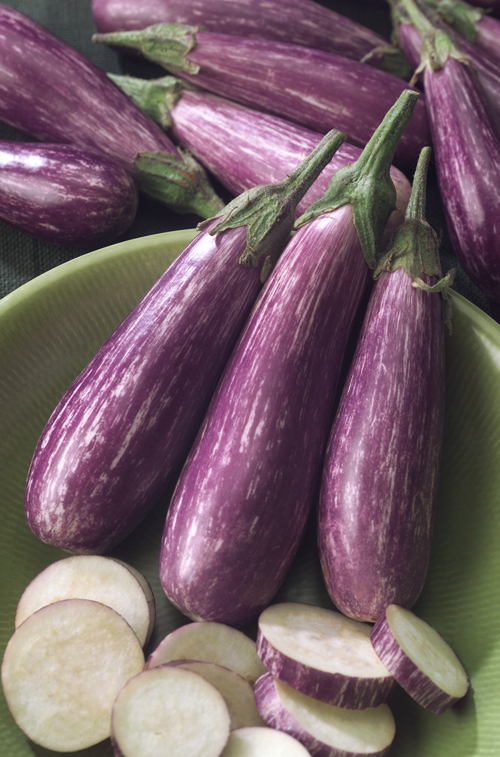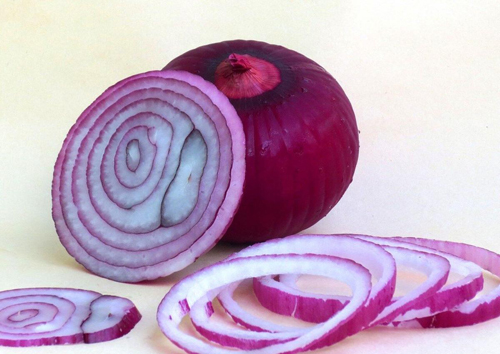List Of Vegetables
- Absinthe Interesting Facts

- Ahipa Nutritional Values

- Akudjura Various Uses

- Amaranth Health Benefits

- American Pokeweed

- Aniseed Myrtle Properties

- Aonori Summary

- Apple Mint Uses

- Arame Medicinal Uses

- Arracacha Nutritional Value

- Artichoke Nutrition Values

 Arugula Health Summary
Arugula Health Summary- Asarabacca Various Uses

- Asparagus Healthy Eating

- Avocado Nutrition Benefits

- Bamboo shoots

- Basil Nutrition Guide

- Beans Beneficial Properties

- Bean sprouts

- Beet Greens Nutrition Facts

- Beets Health Benefits

- Bishop’s weed Various Uses

- Bitter Gourd Nutritional Value

- Black Beans Benefits

- Blue Fenugreek Various Uses

- Boldo Medicinal Values

- Bok Choy Health Benefits

- Borage Greens Medicinal Purposes

- Bottle Guard Aspects

- Broccoli Health Properties

- Broccoflower Nutrition Guide

- Broccoli Raab Nutrition Values

- Broadleaf Arrowhead Health Benefits

- Brussel sprouts Nutrition Summary

- Burdock Health Benefits

- Cabbage Health Facts

- Camas Health Benefits

- Cantaloupe Nutrition Guide

- Canella Uses

- Carrots Health Properties

- Cardoon Nutritional Value

- Carola Summary

- Cassava Health Properties

- Catnip Oil Benefits

- Catsear Flower Uses

- Celeriac Nutritional Value

- Celery Health Benefits

- Chard(Swiss & red)Nutrition Values

- Chaya Nutrition Facts

- Chervil Properties

- Good King Henry

- Chickweed Health Benefits

- Chickpeas Nutrition Summary

- Chile peppers Health Benefits

- Chinese Artichoke Uses

- Chinese Broccoli Nutritional Valu

- Chinese cabbage Nutrition Values

- Chinese Mallow Aspects

- Chives Nutrition Guide

- Chrysanthemum Leaves Uses

- Cicely Unknown Benefits

- Cinnamon Myrtle Medicinal Value

- Collards Nutrition Facts

- Common Purslane Benefits

- Corn Health Values

- Corn Salad Interesting Facts

- Cress Medicinal Values

- Cucumber Health Benefits

- Culantro Leaves

- Curry Leaf Tree Origin

- Collard Greens Nutrition Facts

- Dabberlocks Interesting Facts

- Dandelion Health Benefits

- Dill Health requirements

- Drumstick Nutritional Value

- Dulse Health Benefits

- Earthnut Pea Properties

- Eggplant Nutrition Guide

- Elephant Foot yam Health Benefits

- Elephant Garlic Uses

- Endive Medicinal Properties

- Ensete Health Benefits

- Epazote Properties

- Fat Hen Interesting Facts

- Fingerroot Uses

- French Sorrel Health Facts

- Garlic Nutrition Values

- Gim seaweed Uses

- Ginger Flower Properties

- Ginger Medicinal Values

- Golden Samphire Aspects

- Greater Plantain Medicinal Uses

- Green onions Health Facts

- Green peas Nutrition Values

- Hijiki Nutritional Aspects

- Holy Basil Leaves

- Horseradish Health Benefits

- Onions Nutrition Guide

- Sea Beet Aspects

- Sea Lettuce Health Benefits

- Yam Nutritional Value

- Yarrow Medicinal Uses

- Zucchini Health Guide

- Veggies by seasons

- Veggies did you know??

- Comparison of veggies!!!

- Veggies and it's origin

- Comical View of Veggiess

- Categories of veggies

- Top Veggiess 100 To 91
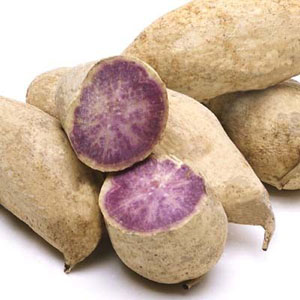
- Top Veggiess 90 To 81
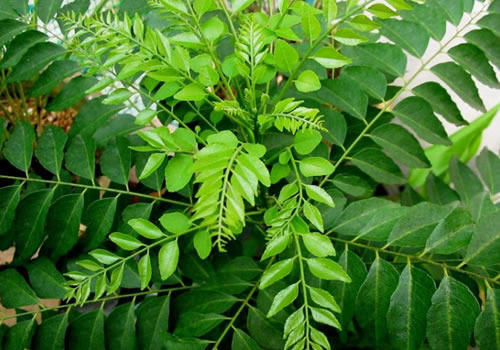
- Top Veggiess 80 To 71
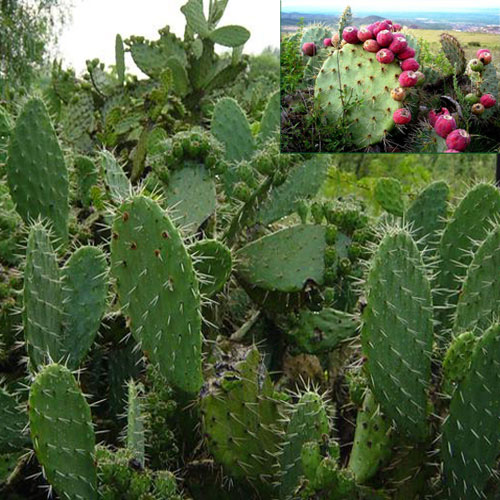
- Top Veggiess 70 To 61
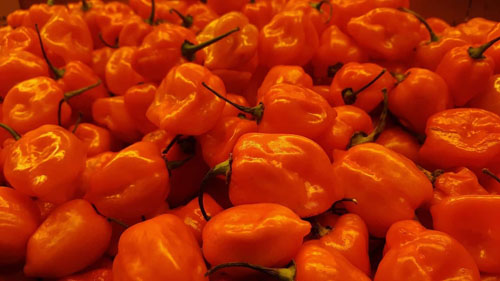
- Top Veggiess 60 To 51
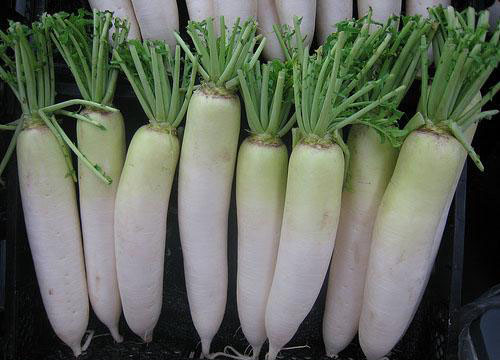
- Top Veggiess 50 To 41
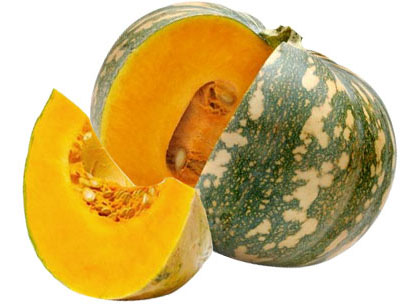
- Top Veggiess 40 To 31
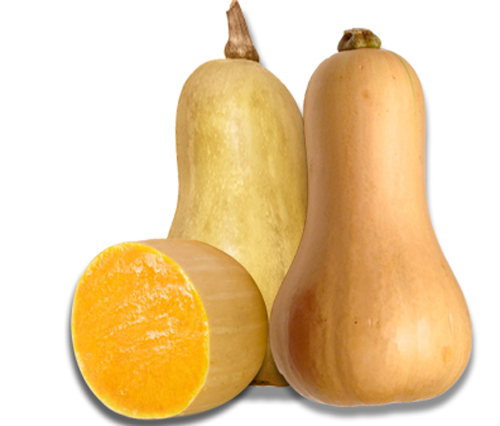
- Top Veggiess 30 To 21

- Top Veggiess 20 To 11
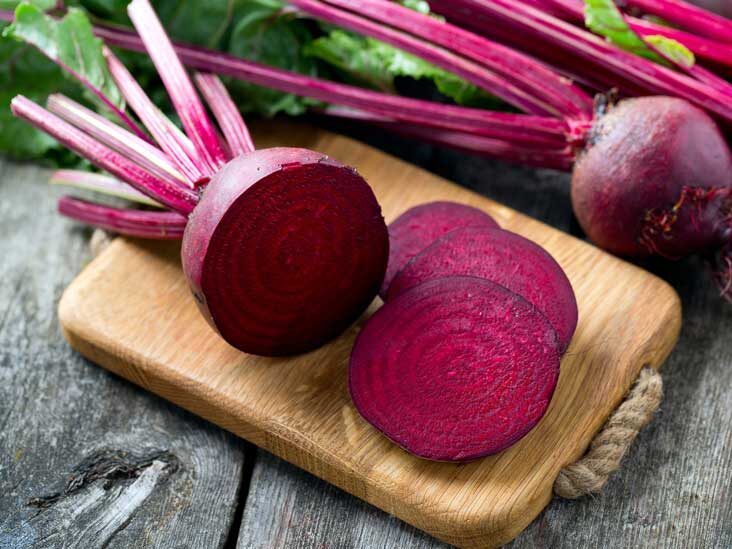
- Top Veggiess 10 To 01
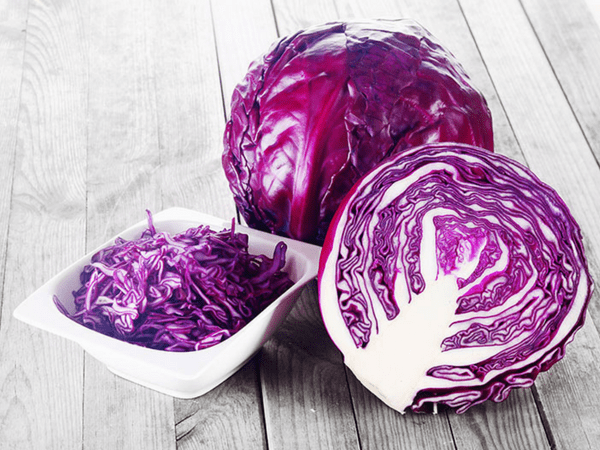
Veggie Picks
Top Veggiess 30 To 21 For Health Benefits
30. Zucchini
Zucchini or courgette is a fruit that is often considered as the vegetable. Zucchini is green summer squash with a similar appearance of cucumber. It has a slightly sweet and bitter flavor that can be eaten raw while it is commonly served cooked and it makes a great addition in salads, wrap, and noodles.
Zucchini has a plenteous amount of Vitamin A and has an average amount of Vitamin C, manganese, potassium, Vitamin K, folate, copper and phosphorus. Zucchini are rich in antioxidants that benefit your skin, eyes, heart and prevent certain types of cancer. It helps in digestion and maintains the blood sugar level.
- A zucchini has more potassium than a banana.
- It is a source of dietary fibre.
- It is rich in folic acid that controls the formation of homocysteine.
- It helps in managing weight loss due to its low calorie content and high levels of water present in it.
- Helping in burning more calorie than consumed.
- Zucchini is also known for is cancer prevention properties.
| Principle | Nutrient Value | Percentage of RDA |
| Energy | 17 Kcal | <1% |
| Carbohydrates | 3.11 g | 2% |
| Protein | 1.21 g | 2% |
| Total Fat | 0.32 g | 1% |
| Cholesterol | 0.32 g | 0% |
| Dietary Fiber | 1 g | 3% |
| Vitamins | ||
| Folates | 24 µg | 6% |
| Niacin | 0.451 mg | 3% |
| Pantothenic acid | 0.204 mg | 5% |
| Pyridoxine | 0.163 mg | 13% |
| Riboflavin | 0.094 mg | 7% |
| Thiamin | 0.045 mg | 4% |
| Vitamin A | 200 IU | 7% |
| Vitamin C | 17.9 mg | 30% |
| Vitamin E | 0.12 mg | <1% |
| Vitamin K | 4.3 µg | 4% |
| Electrolytes | ||
| Sodium | 8 mg | 0.5% |
| Potassium | 261 mg | 5.5% |
| Minerals | ||
| Calcium | 16 mg | 1.6% |
| Iron | 0.37 mg | 5% |
| Magnesium | 18 mg | 4% |
| Manganese | 0.177 mg | 8% |
| Phosphorus | 38 mg | 5% |
| Selenium | 0.2 µg | <1% |
| Zinc | 0.32 mg | 3% |
| Phyto-nutrients | ||
| Carotene-ß | 120 µg | — |
| Crypto-xanthin-ß | 0 µg | — |
| Lutein-zeaxanthin | 2125 µg | — |
Apart from being a delicacy to savour on zucchini is also a vegetable loaded with nutrients. Here a few health benefits that zucchini provides. Cholesterol is used in production of bile acidsthere by reducing the cholesterol formation in blood. The presence of vitamin A and C helps in preventing the blood from being oxidized and thus preventing the cause of atherosclerosis. The fibre present in zucchini aids in faster digestion and metabolism thus helping in burning more calorie than consumed. It has high magnesium content; a one cup serving of zucchini consist of 10% of the daily recommended value of magnesium ideal for the dietary intake. The risk of heart attack and strokes is highly prevented due to its presence in zucchini. Amino acid breaks down to form homocysteine a dangerous compound that cause blockage in heart leading to cardiovascular disease.The anti oxidants present in Vitamin A and C and the dietary fibre present in zucchini helps in de-root the carcinogenic substances in the body. Carcinogenic compound in the body is the reason for malignant cancers such as colon cancer, lung cancer and breast cancer. Blood sugar levels can be controlled by consumption of zucchini as it has abundance of zinc, magnesium, fibre and pectin that breaks the sugar in the blood level keeping it under control. A good vision is something that has been a challenge when people today are spending most of their time engaging on television, computer screens or their latest smart phones. This green vegetable helps to cool the cells of the eyes and vitamin A promotes healthy eye sight.It is also recommended by doctors for a healthy hydrated skin and it prevents aging of the skin.
Zucchini Nutritional Value is Increased by the Natural Presence Of Potassium and Magnesium which help to Boost Energy Levels!
- Handle Zucchini carefully; they're thin-skinned and easily damaged. To pick the freshest zucchini, look for a firm heavy squash with a moist stem end and a shiny skin. Smaller squash are generally sweeter and more tender than larger ones.
- Store Zucchini in a plastic bag in the refrigerator crisper for 4 to 5 days. Do not wash until ready to use.
Zucchinis are great for diets as well because they can be Prepared Simply and don't require Excessive fats, Sugars or Salt in order to taste great.

Zucchini is vegetable that can be enjoyed raw or even as a part of a dish. It can be baked in the microwave with feta cheese and other grilled vegetables and be served as a healthy green salad. Zucchini can be added to Italian cuisines as it enhances the flavour of the dish while giving it a little crunch to it. Stuffed zucchini is a classic delicacy which is prepared by stuffing the zucchini with peppers, cheese and herbs that will entice your taste buds. The Egyptian civilization people like their zucchini as a part of a dish cooked in garlic and tomato puree.
29. Scallions
Scallions are the fresh young onion plant with long, slender greenish white stem that does not bulge out. It has a mild flavor of onion with a strong onion aroma. Scallions or green onions provide us with Vitamin C, Vitamin A, iron, calcium, magnesium, fiber and protein. It aids weight loss and strengthens the immune system. Scallion promotes heart health, bone health and reduces the risk of cancer. It prevents visionary problems including corneal ulcers and cataract. It possesses antibacterial and anti-viral properties that are responsible for causing diarrhea. It is also used to treat menstrual pains. Scallions can be eaten raw in salads, soups, and sandwiches or used in noodles, soups and curries.
- Green Onions are very low in calories.
- 100 g of fresh leaves provide just 31 calories.
- 100 g fresh leaves provide 64 µg of folates.
- Aids in respiratory function.
- Maintains normal vision.
- Immune System Health.
- Healthy eye and healthy bones.
- Protects your cells from damage and Fights Mascular Degeneration.
- Exerts heart-healthy effect.
- Improves your bone density.
- Reduces risk of cancer.
- Lowers blood sugar levels.
- Prevents stomach complications.
- Protects against infection.
| Principle | Nutrient Value | Percentage of RDA |
|---|---|---|
| Energy | 32 Kcal | 1% |
| Carbohydrates | 7.34 g | 6% |
| Protein | 1.83 g | 3% |
| Total Fat | 0.30 g | 1% |
| Cholesterol | 0 mg | 0% |
| Dietary Fiber | 2.6 g | 7% |
| Vitamins | ||
| Folates | 64 µg | 16% |
| Niacin | 0.525 mg | 3% |
| Pantothenic acid | 0.075 mg | 1.5% |
| Pyridoxine | 0.61 mg | 5% |
| Riboflavin | 0.080 mg | 6% |
| Thiamin | 0.055 mg | 5% |
| Vitamin A | 997 IU | 33% |
| Vitamin C | 18.8 mg | 31% |
| Vitamin E | 0.55 mg | 4% |
| Vitamin K | 207 µg | 172% |
| Electrolytes | ||
| Sodium | 16 mg | 1% |
| Potassium | 276 mg | 6% |
| Minerals | ||
| Calcium | 72 mg | 7 % |
| Copper | 0.083 mg | 9% |
| Iron | 1.48 mg | 18.5% |
| Magnesium | 20 mg | 5% |
| Manganese | 0.160 mg | 7% |
| Phosphorus | 37 mg | 5% |
| Selenium | 0.6 µg | 1% |
| Zinc | 0.39 mg | 3.5% |
| Phyto-nutrients | ||
| Carotene-ß | 598 µg | — |
| Crypto-xanthin-ß | 0 µg | — |
| Lutein-zeaxanthin | 1137 µg | — |
Scallions belongs to the onion family and like the other members of its family its nutrition value is very high. A cup of chopped green onions that is 100g will only contain 32 calories. This food is also very low in saturated fats and carbohydrates. Rich source of Vitamin A, Vitamin C, calcium, iron, manganese, folate and magnesium. Being rich in vitamin C and K green onions needs to be incorporated in ones daily diet for healthy bone and bone health. The wear and tear of muscles and tissues is prevented and also largely prevents bone fracture. The anti oxidant properties in green onions because of vitamin A and C helps in preventing heart diseases. It prevents tissue damage by releasing radical free compounds lowering the risk of blood pressure and promoting a healthy cardiovascular functioning. The food for the retina is rhodospin; a compound produced by vitamin A. This compound helps in promoting good eyesight and healthy vision; green onion is a rich source of this component and it fulfills 2.6 % of protein need of a man's diet. Green onions are known boost up body's immune system. This is because of the presence of phyto-chemicals present in them; phyto- chemicals are compounds derived from the plants.
Scallions are not only bountiful in health benefits but also are loaded with flavours. Eating green onions raw in salads is a common sight. Green onion is used in Chinese cooking as it is a part of noodles, fried rice or even oriental Manchurians and other sauces; used not just as a garnish but a key ingredient. Sour cream and onion dips are popular in the western countries and is a accompaniments with bread sticks, grilled vegetables or meat or even fries and potato chips. In India these bulbs are soaked in vinegar and used as appetisers with Indian breads and curries. Oil made out of green onions is used as a dressing in salads or also used in light cooking or frying. In order to keep them fresh wrap them in a muslin cloth or newspaper and refrigerate them to keep the moisture of the plant intact and prevent the breaking of the stalks of the onion.
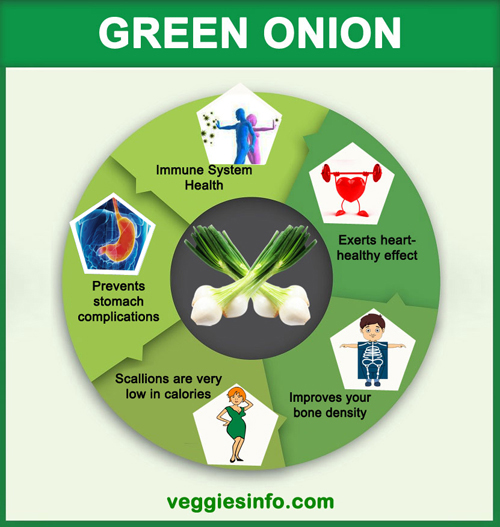
28. Okra
Okra is a long, slender green vegetable with a slimy texture and edible seed pods. It is known as ladies' finger in some parts of the world. Okra is a good source of Vitamins C, K and A. It also contains Vitamins A, B6, magnesium and fiber. The antioxidants present in okra may help to reduce the risk of chronic disease, prevent inflammation and benefit your overall health. It has a potential to reduce cholesterol level and heart diseases. Bulk fiber in okra helps in digestion and cuts hunger cravings. Folate present in okra provides an important nutrient for pregnant women. It also promotes brain and heart health.
It is easy to add in your diet by frying, roasting and made into the best side dish.
- They are rich sources of dietary fiber, minerals, and vitamins.
- It contains vitamins of the category A, Thiamin, B6, C, folic acid, riboflavin, calcium, zinc.
- Provides a temporary protective coating for the digestive tract.
- Used for healing ulcers and to keep joints limber.
- Okra treats lung inflammation, sore throat, and irritable bowel syndrome.
- Good for constipation and asthma.
- Good in normalizing the blood sugar and cholesterol level.
- Helps to support the structure of capillaries.
- protects you from pimples and maintains smooth and beautiful skin.
- Okra is Good For Brain Function.
- Roasted okra seeds are used to promote sweating.
| Principle | Nutrient Value | Percentage of RDA |
|---|---|---|
| Energy | 33 Kcal | 1.5% |
| Carbohydrates | 7.03 g | 5.4% |
| Protein | 2.0 g | 4% |
| Total Fat | 0.1 g | 0.5% |
| Cholesterol | 0 mg | 0% |
| Dietary Fiber | 9% | 3.2 g |
| Vitamins | ||
| Folates | 88 µg | 22% |
| Niacin | 1.000 mg | 6% |
| Pantothenic acid | 0.245 mg | 5% |
| Pyridoxine | 0.215 mg | 16.5% |
| Riboflavin | 0.060 mg | 4.5% |
| Thiamin | 0.200 mg | 17% |
| Vitamin C | 21.1 mg | 36% |
| Vitamin A | 375 IU | 12.5% |
| Vitamin E | 0.36 mg | 2.5% |
| Vitamin K | 53 µg | 44% |
| Electrolytes | ||
| Sodium | 8 mg | 0.5% |
| Potassium | 303 mg | 6% |
| Minerals | ||
| Calcium | 81 mg | 8% |
| Copper | 0.094 mg | 10% |
| Iron | 0.80 mg | 10% |
| Magnesium | 57 mg | 14% |
| Manganese | 0.990 mg | 43% |
| Phosphorus | 63 mg | 9% |
| Selenium | 0.7 µg | 1% |
| Zinc | 0.60 mg | 5.5% |
| Phyto-nutrients | ||
| Carotene-ß | 225 µg | — |
| Crypto-xanthin-ß | 0 µg | — |
| Lutein-zeaxanthin | 516 µg | — |
Okra is a low energy dense vegetable; this means that one cup of okra contains only 25 Calories. The nature of density of the food depends on the number of calories it has. It is labelled to be a low energy density food then it means it has low calorie content if it is a high on calorie food then it is known as high energy density food. The energy is equivalent to the calorie content of the food. Being the power house of nutrients; Okra is a vegetable that one cannot over look. Rich in dietary fibre okra helps in smooth functioning of the bowel movements and prevents any kind of digestive disorder .A compound called mucilage present in okra aids in breaking down the food in digestible material that helps in unclogging of guts and prevents constipation. Vitamin A present in okra helps in restoring clarity of vision and gives a healthy eye sight. Zea-xanthin, beta- carotene, xanthin and luetin are compounds rich in anti oxidant and anti cancer properties that forms a mucous in the mouth preventing oral cancer. Chain smokers should indulge in more okra related food in order to keep mouth cancer at bay. New mothers are often recommended to eat more of folate rich food as it helps in nourishing the mother and the new born and prevents neural tube and spinal cord defects. It also houses vitamin C and anti-oxidant properties that help in building immunity in the body preventing many chronic diseases. Vitamin K and vitamin B6 present in okra helps in strengthening bones and prevents osteoporosis.
Okra is vegetable that changes its texture according to the way one cooks it. Over cooking it may lead to a gooey textured okra where as deep frying it gives a crispy crunchy texture. Okra in Africa is a part of their soups and Africans like their okras as a main part of their meal.
In India okra is cooked into many different delicacies depending on the region ; people belonging to southern parts of India mainly Tamil nadu and Andhra Pradesh add okra to their sambar, they fry it with coconut and make pooriyal out of it which is an accompaniment with rice. Shahi Korma, a mix vegetable gravy has okra in it which is eaten with Indian breads.
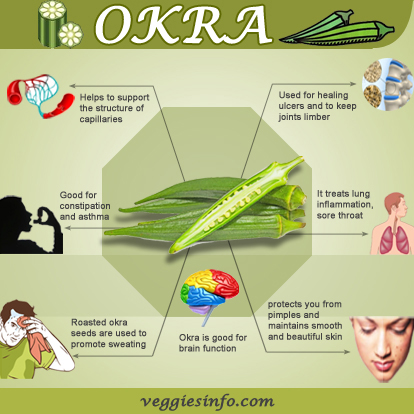
27. Green Pepper
Green peppers are also known as capsicum or bell pepper. It is a bell shaped medium sized vegetable with glossy exterior and thick texture. Green peppers are picked and stored when unripe and thus have a slight bitter flavor. Green peppers are packed with various vitamins and minerals including Vitamins C, B6 and K1. It is also a good source of antioxidants, potassium, folate, Vitamin E and A. Lutein and zeaxanthin may help to improve eye health and reduce the risk of anemia. Green pepper may have potential to inhibit the risk of chronic diseases.
Green peppers can be eaten raw or made into chutneys, gravies and enjoyed by adding it in the main course.
Green peppers are packed with a chemical compound called lutein. Lutein is an antioxidant that has been shown to improve eye health. Getting enough lutein in your diet may help prevent macular degeneration and cataracts from developing.
- Green peppers high in iron, but they're also rich in Vitamin C, which can help your body absorb iron more efficiently.
- Asthma patients can be highly benefited by green peppers as they are full of phytonutrients, a special group of plant compounds having the capacity of relaxing respiratory passage and lowering panting.
- The anti-inflammatory properties of green peppers are extremely favourable in relieving the pain and swelling associated with severe bone disorders like osteoarthritis, rheumatoid arthritis, etc.
- When we include green pepper juice in our daily diet, the blood circulation is increased significantly throughout our scalp and hair roots. It works as a natural hair growth stimulator and helps us get long hair fast.
- The phytonutrients content of green peppers is very effective in curing rashes, blemishes, acne, and other skin infections.
Green peppers actually have double the amount of Vitamin C by weight that oranges and other citrus fruits have.
Green peppers contains Vitamin B6, Vitamin K, Potassium, Vitamin E, Folates, Vitamin A.
- Calories: 15
- Fat: 0 g
- Cholesterol: 0 mg
- Sodium: 2 mg
- Carbohydrates: 3 gr
- Fiber: 1 g
- Sugar: 2 g
- Protein: 1 g

26. Red pepper
Red peppers are the bell shaped vegetable with shiny bright red skin. Red pepper is the fully ripened green pepper, which requires more time to grow and thus has a high national value when compared to other bell pepper. They have a mild sweet taste and crispy flavor. Red peppers are the excellent source of Vitamin A, Vitamin C, potassium, folic acid and fiber. Red peppers are packed with more than 200 percent of daily Vitamin C intake. It promotes eye health, weight loss. It has anti-inflammatory properties and helps to treat constipation and irritable bowel syndrome.
Red bell peppers are garnished in dishes to give us visual treats.
Red peppers are botanically fruits but they are known as vegetables which are used in a variety of dishes due to their mild, sweet and crispy flavor.They are excellent sources of nutrients such as vitamins C, A and B6. Besides, they also contain vitamin E, vitamin K, folate and potassium, and antioxidants as well.
- Red peppers antioxidants counteract environmental toxins and cell degradation. They protect your body from free radical damage that causes the development of cancer. Preventing different types of cancers in stomach, colon, breast, prostate and lung.
- The combination of vitamin B6 and magnesium in red peppers aids in decreasing anxiety, especially due to pre-menstrual symptoms. Being a natural diuretic, vitamin B6 is great for reducing bloating and preventing hypertension.
- Snacking on red peppers helps in treating and preventing inflammation in the body. It is a great option for energizing yourself if you are overwhelmed with stress or feeling fatigued.
- Red pepper can be very beneficial in preventing hair loss as it improves blood flow to stimulate hair growth and protects the hair follicles from the effect of DHT.
- Vitamin C contained in red peppers helps to form collagen, Collagen is required by your skin to remain healthy and even minor deficiencies in vitamin C can cause skin problems.
High in vitamin C, red peppers are not only tasty but may also reduce the risk of certain chronic or aging-related health conditions.
Red peppers contains Carbs, Fat, Protein, Vitamins and Minerals
- Calories: 39
- Fat: 0.5g
- Sodium: 6mg
- Carbohydrates: 9g
- Fiber: 3.1g
- Sugars: 6.3g
- Protein: 1.5g
- Vitamin C: 190mg
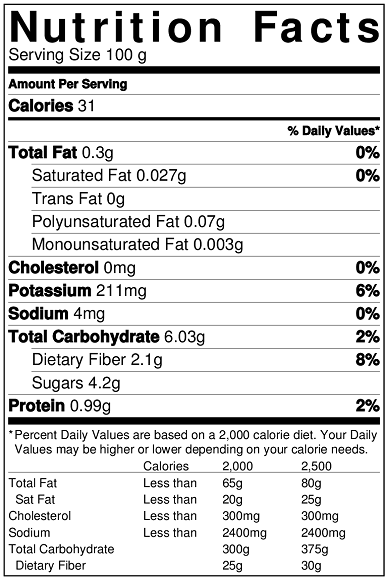
25. Frozen peas
The freshly picked peas are frozen immediately after harvesting to retain all the vitamins and minerals. Frozen peas are available throughout the year and have higher benefits than fresh peas. They have a plenteous amount of protein, Vitamin K, Vitamin C and A, Thiamine, folate. Manganese, iron and phosphorus. Frozen peas used to control blood sugar level and prevent the risk of chronic disease including heart disease, cancer and diabetes. The fiber content in peas may benefit digestion.
Frozen peas are great to add to your side dish or a main course and can be enjoyed in soups, pasta, dips and risottos.
- Good sources of protein, vitamins, and soluble as well as insoluble fiber.
- Green peas also provide us with key antioxidant and anti-inflammatory benefits.
- Extremely low-fat food.
- Rich source of many minerals such as calcium, iron, copper, zinc, and manganese.
- Lowers risk of stomach cancer.
- Prevent neural tube defects in their newborn babies.
- Resistance against infectious agents and scavenge harmful, pro-inflammatory free radicals from the body.
- Cure Of Alzheimer's Disease patients by limiting neuronal damage inside the brain.
- Helps to protect from lung and oral cavity cancers.
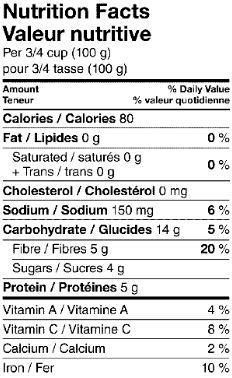
24. Microgreens
Microgreens are baby plants of vegetables and herbs, which are harvested just after leaves are produced. Each one has unique taste and color depending on the vegetable. They have rich aroma and are generally grown for its health benefits. Microgreens are packed with high amounts of vitamins, minerals and plant compounds to benefit the body. It reduces the risk of Alzheimer's disease, heart disease, cancer and diabetes.
Microgreens can be eaten raw, blended in smoothies and can be incorporated in a variety of dishes.
Some of the Popular microgreens are amaranth, basil, kale, broccoli, mustard, tatsoi, orach, borage, beet, parsley, pea, red pak choi, kohlrabi, Swiss chard, rocket.
- They help reduce your risk of heart disease - High blood pressure is a major risk factor for heart disease, and the good news is that plant-based foods like microgreens have positive effects on blood pressure.
- They might help fight cancer - Auslander Moreno says plants, including microgreens, can have anti-cancer properties.
- They help boost your immune system - Any vegetable has the potential to be anti-inflammatory and potentially affect immunity in a positive way.
- They help improve eyesight - According to Auslander Moreno, they contain lutein, a phytochemical implicated in vision health.
- They might help lower cholesterol - Researchers found that red cabbage microgreens can lower cholesterol and assist in weight loss when consuming an otherwise fatty diet.
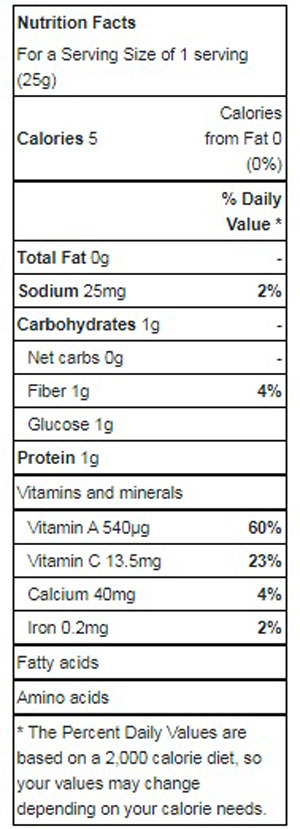
23. Watercress
Watercress is a green leafy vegetable with round small leaf and edible stems with spicy, peppery flavor.
It is particularly rich in Vitamin K and has a wide range of nutrients including Vitamin A, vitamin C, calcium and manganese. The antioxidant content in the watercress prevents chronic disease such as diabetes, heart disease and cancer. Watercress promotes your heart health, eye health, immune system and bone health. It aids weight loss and protects against osteoporosis.
Watercress can be served with salad, soup, sandwich and eggs.
- It has antiviral,antibacterial properties.
- Help soothe the airways and reduce coughing.
- It prevent the formation of kidney stones or the gallbladder.
- Helps to clean the organ and facilitate its recovery.
- Vitamin K is by far the most prominent nutrient in watercress.
- It Strengthens the Bones and limits neuronal damage in the brain, which is helpful in treating Alzheimer's disease.
- It also vitamin C, with 72% of the daily value, closely followed by vitamin A with 64%.
Watercress has a long-standing reputation as a hair tonic, helping to promote the growth of thick hair when rubbed on the head.
Watercress is a very light vegetable as it has very low calorie content. One serving of 100 grams of watercress consists of 11 calories. This is a boon to everyone counting their calories and watching their weight. It is often told to us eat greens to stay fit; this is a proven fact that watercress and other members of the curciferous family are highly nutritious and should be made staple in everyday's diet. Rich in Vitamin A vitamin B Fibre and proteins, this food is also cruciferous in nature. The unique thing about cruciferous plants is that they are rich in phytochemicals, a compound only derived from plants. Cruciferous plants contain a high source of glucosinolates that prevents the body from cancer also rich in anti oxidant property this plant is rich in elements that fights cancer cells and helps in recovery from cancer. Calcium and potassium helps in controlling hyper tension and blood pressure; these vital elements are found largely in this plant. This vegetable can satisfy the need of daily intake of vitamins and proteins and also aid in good eye sight. Water cress is a highly recommended food for all pregnant mothers as it is highly nutritious and rich in folic acid that aids in lactation. The latest use of watercress is in treating diseases like swine flu and other ordinary flu caused due to congestion in lungs and chest. Watercress is also used in treating bronchitis and cough and other breathing problems. Baldness a problem faced in late 40's can be treated with water cress.
| Principle | Nutrient Value | Percentage Of RDA |
| Energy | 11 kcal | <1% |
| Carbohydrates | 1.29 g | 1% |
| Protein | 2.30 g | 4% |
| Total Fat | 0.10 g | 0.5% |
| Cholesterol | 0 mg | 0% |
| Dietary Fiber | 0.5 g | 1% |
| Vitamins | ||
| Folates | 9 µg | 2% |
| Niacin | 0.200 mg | 1% |
| Pantothenic acid | 0.310 mg | 6% |
| Pyridoxine | 0.129 mg | 10% |
| Riboflavin | 0.120 mg | 9% |
| Thiamin | 0.090 mg | 7.5% |
| Vitamin A | 3191 IU | 106% |
| Vitamin C | 43 mg | 72% |
| Vitamin E | 1.0 mg | 7% |
| Vitamin K | 250 µg | 208% |
| Electrolytes | ||
| Sodium | 41 mg | 3% |
| Potassium | 330 mg | 7% |
| Minerals | ||
| Calcium | 120 mg | 12% |
| Copper | 0.077 mg | 8.5% |
| Iron | 0.20 mg | 2.5% |
| Magnesium | 21 mg | 5% |
| Manganese | 0.244 mg | 11% |
| Phosphorus | 60 mg | 8% |
| Selenium | 0.9 µg | 1.5% |
| Zinc | 0.11 mg | 1% |
| Phyto-nutrients | ||
| Carotene-ß | 1914 µg | — |
| Carotene-a | 0 µg | — |
| Lutein-zeaxanthin | 5767 µg | — |
Water cress is a light plant; versatile in nature and go well with every cuisine. They can be eaten raw in salads or tossed in olive oil with other vegetables and served as accompaniment with flavoured rice.
Water cress can be used in a puree to make different styles of pasta and ravioli. Watercress can be used to make soups and also as a garnish served on top of various dishes.
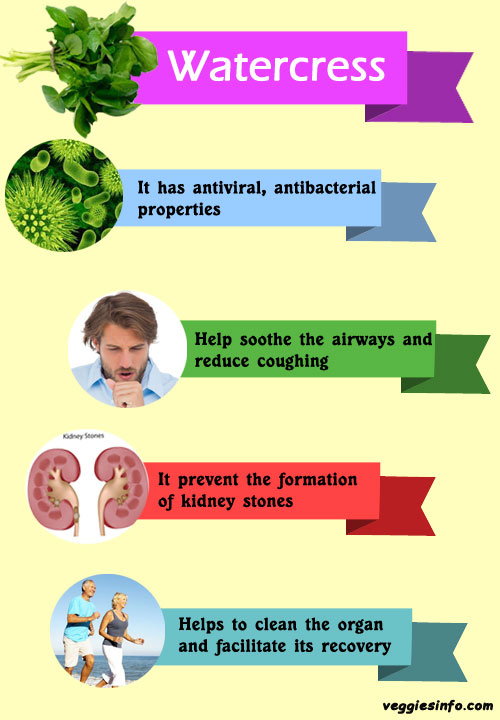
22. Egg plant
Eggplant is also calledbrinjal or aubergine. It is available in a wide range of colors from black to red, but the popular eggplant has a wine purple thin skin with mild flavor having a unique texture.
It has a good amount of manganese, potassium, folate, Vitamin K, Vitamin C and fiber. Eggplant has the potential to reduce the risk of heart disease and cancer. It helps to maintain blood sugar level and promotes weight loss.
Egg plants can be fried, grilled, roasted, baked, boiled and enjoyed with seasoning.
- Eggplant contains fiber, potassium, vitamin C, vitamin B-6, and phytonutrient.
- The leaves and roots are juiced or boiled to make a tonic for throat and stomach troubles, asthma, skin diseases, rheumatism, inflammation, intestinal hemorrhages, foot pain, coughs, anorexia, toothache, or as a general stimulant.
- Protect cell membranes from damage.
- Eggplant decreases the risk of obesity and overall mortality, diabetes,heart disease.
- Promotes a Healthy Complexion and Hair.
- Increased energy and overall lower weight.
- Prevent tumor growth and invasion and spread of cancer cells.
- Prevent age-related mental disorders and also improves memory.
- Eggplants are high in bioflavonoids, which are known to control high blood pressure and relieve stress.
- Prevent blood clots and strengthen capillaries.
- Improve blood circulation and nourish the brain.
- Regular intake of eggplants can protect you from colon cancer.
Eggplant Were First grown in China around the 5th Century B.C.Today Italy,Turkey,Egypt,China and Japan are the leading Eggplant Growers.
Choosing Eggplant with Firm,smooth,Satin Like skin.Eggplant Should Feel Heavy for their Size.Avoid any with Brown or Soft Spots and Dull skin. Handle Eggplants Carefully Because they bruise Easily.
Eggplant is a dieter's delight; this is due to its low calorie content. One cup of aubergine that is 100g consists of 25 calories. This low cal count is a highly beneficial for weight conscious people. Owing to its fibre content it helps in relieving digestive disorders. Eggplants is known to contain compounds that will lower down blood pressure levels and also helps in controlling cholesterol level thus preventing the body from being prone to cardio vascular diseases. Apart from vital nutrients eggplant is also loaded with minerals.
| Principle | Nutrient Value | Percentage of RDA |
|---|---|---|
| Energy | 24 Kcal | 1% |
| Carbohydrates | 5.7 g | 4% |
| Protein | 1 g | 2% |
| Total Fat | 0.19 g | 1% |
| Cholesterol | 0 mg | 0% |
| Dietary Fiber | 3.40 g | 9% |
| Vitamins | ||
| Folates | 22 µg | 5.5% |
| Niacin | 0.649 mg | 4% |
| Pantothenic acid | 0.281 mg | 6% |
| Pyridoxine | 0.084 mg | 6.5% |
| Riboflavin | 0.037 mg | 3% |
| Thiamin | 0.039 mg | 3% |
| Vitamin A | 27 IU | 1% |
| Vitamin C | 2.2 mg | 3.5% |
| Vitamin E | 0.30 mg | 2% |
| Vitamin K | 3.5 µg | 3% |
| Electrolytes | ||
| Sodium | 2 mg | 0% |
| Potassium | 230 mg | 5% |
| Minerals | ||
| Calcium | 9 mg | 1% |
| Copper | 0.082 mg | 9% |
| Iron | 0.24 mg | 3% |
| Magnesium | 14 mg | 3.5% |
| Manganese | 0.250 mg | 11% |
| Zinc | 0.16 mg | 1% |
Eggplants can be enjoyed in many ways by using various cooking hacks. Roasting or grilling the egg plant over a grill or a barbeque is a traditional method of cooking it in Middle Eastern countries. Baba Ghanoush is a dish prepared using aubergine in a way that it gives smoky chard flavour. Caponata an Italian starter is used making eggplant that is cut into bite sized cubes and is sautéed in olive oil with cubed tomatoes parsley and onions. Baked eggplants in cheese and flavoured with herbs is a dish that one can never go wrong with. Eggplants hold a lot of importance in Greek cuisine and it often seen in many traditional dishes. A popular curry in India called as Bhaigan ka bharta which means char grilled.The iron, calcium and other minerals in eggplant supply the essential nutrients required by the body.
All this, while relishing a highly flavorful veggie, is a good deal, indeed! Stuff, grill, bake, roast, stew your eggplants—they're delicious in most avatars!Eggplants have a role in heart care, too. Research studies show they can lower 'bad' cholesterol. But you must cook them the right way to get these benefits. Fried eggplant soaks up a lot of fat, making it harmful and heavy. Instead, bake it at 400 degrees, which brings out glorious flavor and gives you all the goodness an eggplant holds!stuffed eggplant eaten with Indian breads is popular in every household. Keeping it simple it can also be enjoyed stir fried with other vegetables or sometimes even tossed in a veggie salad.
Eggplants if not matured fully can contain toxins in them thus making them not applicable for human consumption; care needs to be taken while choosing the right eggplant.
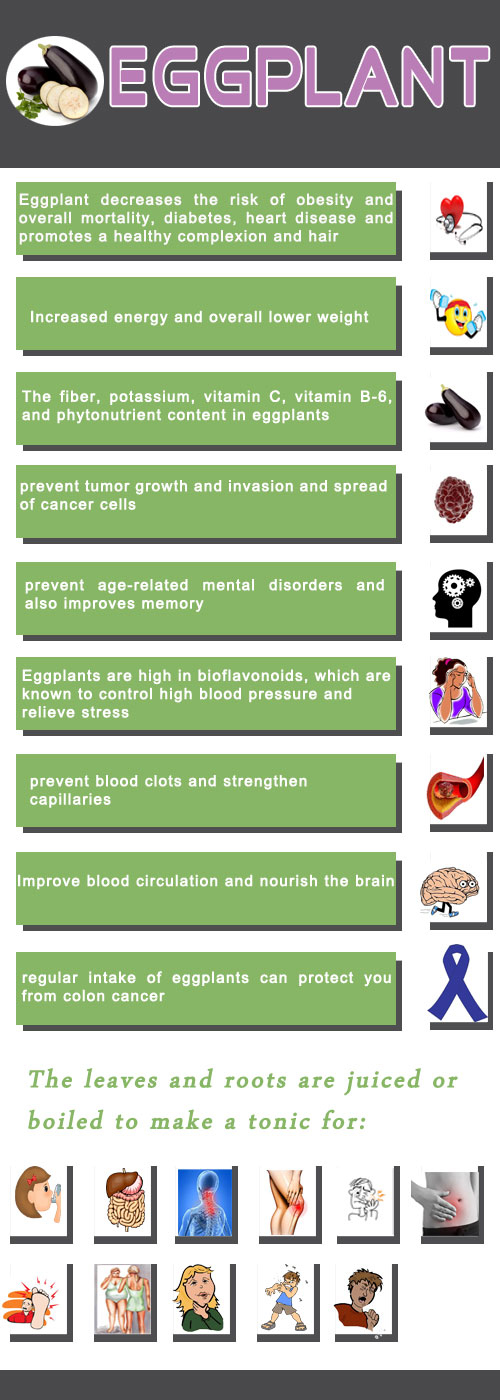
21. Onion
Onion is a popular vegetable with a layer of health benefits. Onions are grown in various colors from red to white with different sizes. It has a mixed taste of spicy, juicy, pungent and sweet flavor. Onion is enriched with Vitamin C, Vitamin B6 and manganese. It also has a small amount of calcium, iron, folate, magnesium, phosphorus and potassium. The fiber content in onions benefits your digestive system. Onions promote your heart health, bone health and reduce the risk of cancer. It has antibacterial properties and benefits your immune system.
Onions can be easily added to your diet by roasting, adding into the main course and chutneys to benefit you.
- 100 grams carry just 40 calories.
- Have anti-bacterial, anti-viral, and anti-fungal activities.
- Helps decrease in overall risk of coronary artery disease (CAD), peripheral vascular diseases (PVD), and stroke.
- Onions are Rich Source Of Chromium.
- Provide relief from cold and flu by exerting anti-inflammatory actions.
- Cardiovascular Benefits.
- Support for Bone and Connective Tissue.
- Provides structure to skin and hair.
- Got bitten by a honeybee? Apply onion juice on the area for immediate relief from the pain and burning sensation.
- Reducing the risk of developing gastric ulcers.
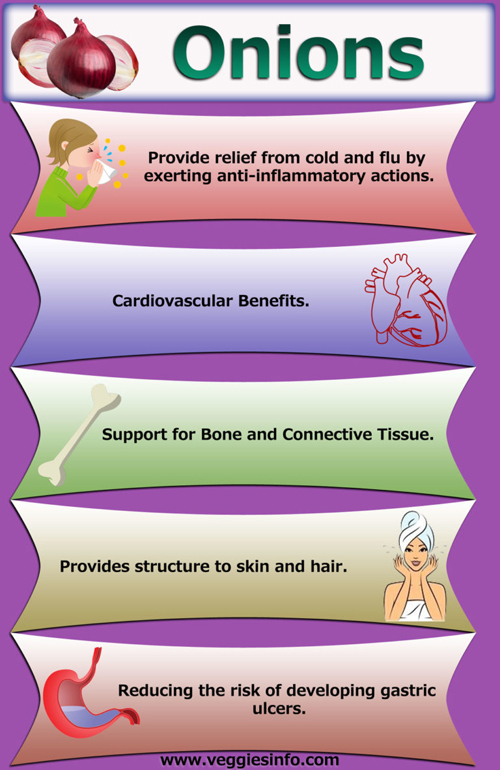
It is an interesting fact that Onions are very distinctive as they have an unusual and very strong, distinct smell. This smell is caused by pungent acids beneath the plants' skin!
There are approximately 325 different varieties of onions if the wild varieties are included!
Onion belonging to the genus allium has similar related vegetables like leeks that are highly nutritious in nature and onion is not less either. A cup of chopped onions 210 gms consists of 92 calories which is remarkably low and is qualified as a low energy dense food. Just like garlic even onion comes with its set of cardiovascular benefits. Studies have proven that onion have flavnoids and sulphur content that enhances the mechanism of the heart also aids in lowering cholesterol and keeping the blood sugar levels under control. Onion to a major extent prevents cardiovascular diseases. Women reaching menopause often complain of reduction in bone density; onions have compounds that aids in increase bone density and strengthen the connective tissues.
| Principle | Nutrient Value | Percentage of RDA |
|---|---|---|
| Energy | 40 Kcal | 2% |
| Carbohydrates | 9.34 g | 7% |
| Protein | 1.10 g | 2% |
| Total Fat | 0.10 g | 0.5% |
| Cholesterol | 0 mg | 0% |
| Dietary Fiber | 1.7 g | 4.5% |
| Vitamins | ||
| Folates | 19 µg | 5% |
| Niacin | 0.116 mg | 1% |
| Pantothenic acid | 0.123 mg | 2.5% |
| Pyridoxine | 0.120 mg | 9% |
| Riboflavin | 0.027 mg | 2% |
| Thiamin | 0.046 mg | 4% |
| Vitamin A | 2 IU | 0% |
| Vitamin C | 7.4 mg | 12% |
| Vitamin E | 0.02 mg | 0% |
| Electrolytes | ||
| Sodium | 4 mg | 0% |
| Potassium | 146 mg | 3% |
| Minerals | ||
| Calcium | 23 mg | 2% |
| Copper | 0.039 mg | 4% |
| Iron | 0.0.21 mg | 3% |
| Magnesium | 10 mg | 2.5% |
| Manganese | 0.129 mg | 5.5% |
| Phosphorus | 29 mg | 4% |
| Zinc | 0.17 mg | 1.5% |
| Phyto-nutrients | ||
| Carotene-beta | 1 µg | — |
| Cryptoxanthin-beta | 0 µg | — |
| Lutein-zeaxanthin | 4 µg | — |
The irritation caused in our eyes while chopping onions is mainly because of sulphur present in the onion. This sulphur when spreads to the air and enters our eyes leave us irritated and tearing for some time. One hack to get rid of these teary experiences is to soak onions in water for sometime before chopping it. The water will drain out the sulphur off the onions.
Onion is a vegetable that needs no recipe. It can found in many forms in the super market like pickled, caramelized, chopped, seasoned, the whole vegetable or even soaked in vinegar. The French onion soup is a delicacy that one needs to enjoy on a cold winter night. Onion is mainly consumed with other vegetables and not as whole; people should try incorporating more of onions to their diet for a healthy heart body and mind.
